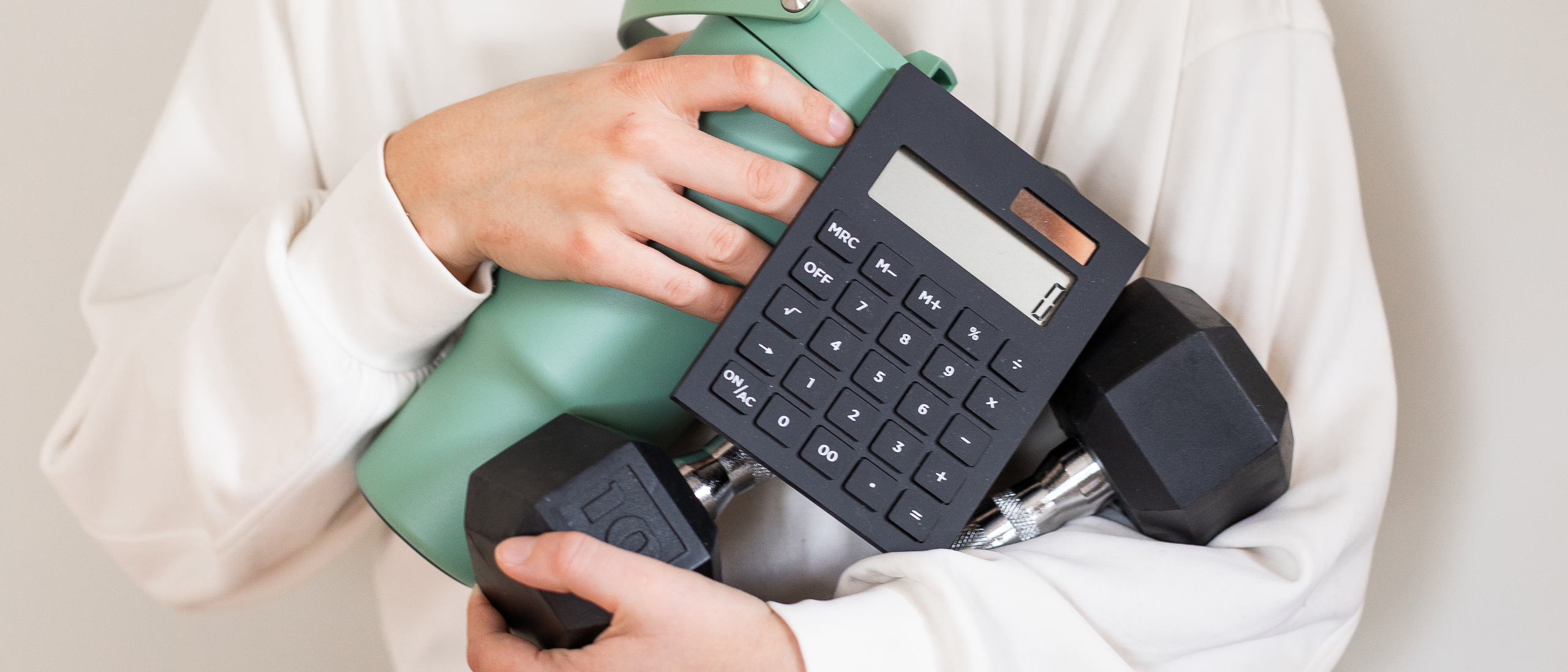Getting paid under the table can feel like a win-win situation. After all, with no record of your income, you’re not responsible for paying taxes on it—and neither is your employer—right? The problem is, somebody is losing in this situation: the IRS. And when they IRS loses they get mad. And audit. And fine.
So, no, getting paid under the table does not give you a get out of jail free card when it comes to paying your taxes. In fact, it just makes paying them harder.
If you’re in this situation, here’s how to make it as easy as possible on yourself and ensure you’re not in the wrong in the eyes of the IRS.
Know the Difference Between Getting Paid in Cash and Getting Paid Under the Table
First off, it’s worth noting that getting paid in cash isn’t illegal, but getting paid under the table is.
What’s the difference? Well, getting paid in cash obviously means you’re being paid with physical dollah dollah bills. But this can still be considered legal if your employer is complying with employment laws and properly tracking your payments for tax purposes. This means that when they pay you they should be keeping a record of it and, depending on what type of employee you are (more on that in a minute), withholding taxes and paying employer taxes, like Social Security and Medicare.
Getting paid under the table means you’re getting paid in cash and your employer isn’t keeping a record of it, likely because they’re trying to save money and time by not having to do all those things.
When you start a new job and learn you’ll be paid in cash, ask your employer whether they’ll be tracking your income and withholding taxes. This will help you understand whether they’re being above the bar or not, and help you know how to prepare. If you suspect your employer is paying you under the table, you might want to nicely remind them of the potential repercussions (though I understand this could be awkward when you’re starting a new job!).
Understand What Type of Employee You Are
Knowing whether you’re considered an independent contractor or an employee is important for figuring out who is supposed to be responsible for withholding your taxes, and which documents you should expect come tax time.
While this is a bit of a grey area (and if you’re unsure, it doesn’t hurt to check with an accountant), it generally comes down to how much control over when and how you do your work the company has.
If the company says when and where and how you do your work, provides you with the tools you need to do the job, offers any sort of employee benefits to you (like paid vacation), and provides ongoing work that’s your main source of income, you’re probably considered an employee to the IRS. For example, even if a waitressing job is part-time, you’re probably still considered an employee because your employer tells you when to be at work and dictates how you should do your job.
If you decide when and how to complete a project for this job, provide your own tools and materials, and have the opportunity to pick up many clients, you’re likely an independent contractor.
Both may be paid in cash for their work, but if you’re an employee more of the responsibility is on the employer to report and withhold taxes, whereas if you’re an independent contractor that responsibility falls on you (including paying quarterly taxes since money isn’t being withheld throughout the year).
Track Any Cash Income Carefully Throughout the Year
Whatever type of employee you are, make sure to carefully track any cash income throughout the year. This is especially important if you think that your employer isn’t accurately tracking or is trying to get away with paying you under the table.
This can be as simple as keeping a spreadsheet to track cash income anytime you receive it. I recommend noting the date, who paid it to you, and the amount.
If you’re an employee who makes a lot of your cash income through tips, your employer should require you to track and report it to them, since the IRS requires it. See if your work has an electronic system for reporting tips at the end of each shift. If not, talk to your boss about how they handle monthly reporting. If they do nothing, just track it for yourself. Yes, it’s a bit of a pain, but less of a pain than getting audited.
Ask Your Employer for a W-2 or 1099-NEC
When it comes to the taxing hour, you should expect to get a W-2 from your employer if you’re considered an employee, or a 1099-NEC if you’re considered an independent contractor and they’ve paid you over $600 throughout the course of the year, if you’re paid via cash, check, or bank transfer.
You should receive these forms for the following tax year by January 31. If you don’t, this might be another good time to ask your employer about it and gently remind them of the penalties for not correctly tracking and filing.
If your employer still balks and refuses you these documents, you may think about going to the IRS to let them know something shady is going on, but I’d recommend consulting with an accountant first to make sure what’s going on is truly illegal. But you may also choose to stay quiet and not get into that mess—understandable! Regardless, you have one more option to make sure you don’t take the fall with them.
File Your Cash Income as Miscellaneous Income
Even if your employer refuses to properly report these payments, you should report that income yourself so if they ever do get in trouble, you can show you paid your taxes fair and square.
Luckily for you, you’ve made it easy on yourself by tracking your cash income throughout the year. Tally this up and file it as miscellaneous income using Form 1040, Schedule C.
Abridged by Amy
- It’s not illegal to pay someone in cash, but it is illegal to pay them without tracking the income and paying taxes on it.
- If you’re an employee, you should expect to receive a W-2 from your employer at tax time—if you’re an independent contractor who’s been paid over $600, you should expect a 1099-NEC.
- If you don’t get these documents, track the income yourself and file as miscellaneous income on Form 1040, Schedule C.




